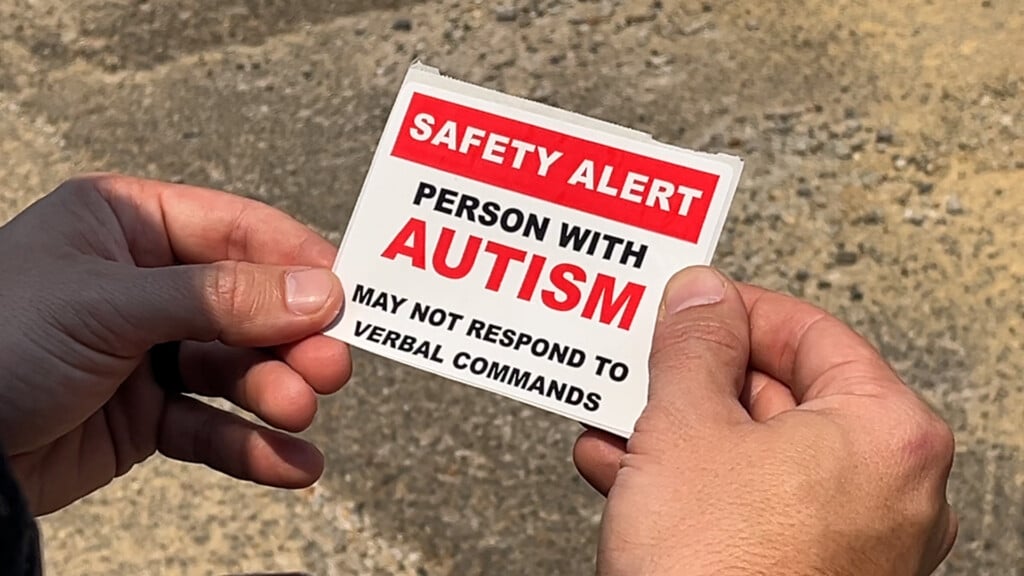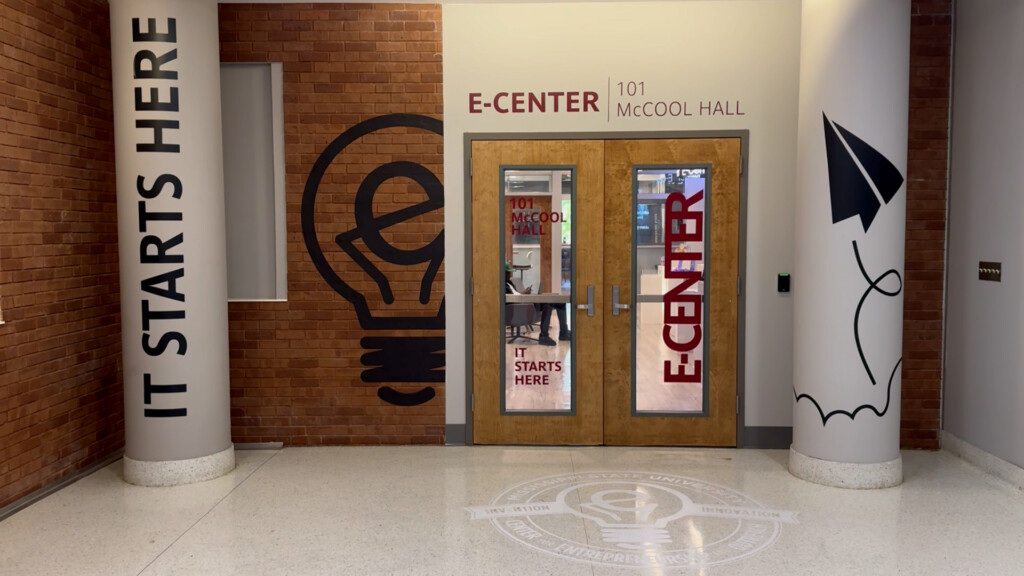Tracing African American roots: Archival expert shares resources
STARKVILLE, Miss. (WCBI) – Many African Americans trying to trace their roots hit a wall on finding information prior to the 1870’s.
Now, a six-institution effort is underway to transcribe legal records of enslaved people during the time before slavery was abolished.
Mississippi University, The University of Mississippi, Delta State University, Historic Natchez Foundation, Probate Court of Montgomery Alabama, and the Columbus Lowndes Public Library System have teamed up to create the Lantern Project.
This allows people to access probate records, wills, bills of sale, and many other forms of records that they may not have known even existed.
These records will have names listed that the US Census often does not.
Jennifer McGillian is the coordinator of manuscripts at the Mitchell Memorial Library at Mississippi State University.
She says the Lantern project sheds new light on important details in a family’s history that could have been ignored for generations, making your genealogy research a tad bit easier.
“You can also see the shape of families and family structures for both the enslaved and the enslavers. You might have had enslaver number one who might have transferred certain enslaved persons to her children. And then he might have transferred individuals and then they may have transferred entire families at once.”
McGillian says the very first step is making a record of yourself.
“Start with yourself. Write down as much information as you know. Interview as many family members as you can and get as many versions of the story as you can. Record the information in two ways. Make a narrative and a family tree. Come up with an organization system for your research and stick to it.”




